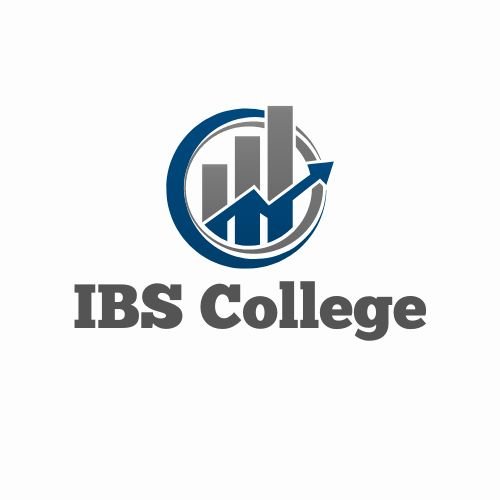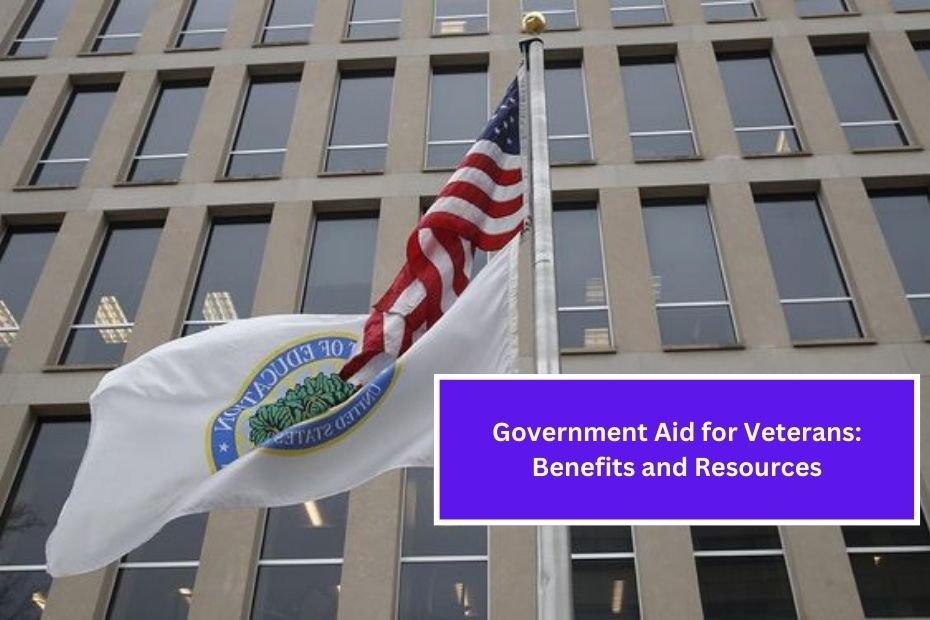Veterans are men and women who have served in the armed forces. They have made significant sacrifices for our country, and in return, the government provides various benefits and resources to support them. This article will explore the types of government aid available for veterans, how to access these benefits, and additional resources that can help improve their quality of life.
Introduction
When veterans return from military service, they often face challenges in adjusting to civilian life. These challenges can include finding a job, accessing healthcare, and obtaining education. The government recognizes these difficulties and has developed programs to help veterans transition smoothly. Understanding the available benefits is essential for veterans and their families to make the most of what’s offered.
Types of Benefits Available
1. Healthcare Benefits
One of the most crucial forms of support for veterans is healthcare. The U.S. Department of Veterans Affairs (VA) provides comprehensive medical care through the Veterans Health Administration (VHA). Here are the main aspects:
- VA Hospitals and Clinics: Veterans can access healthcare at VA facilities across the country. These facilities provide a range of services, including primary care, mental health services, and specialized treatments.
- Health Insurance: Veterans may qualify for VA health insurance, which can cover many medical expenses, including hospital stays, outpatient care, and preventive services.
- Mental Health Services: The VA offers mental health support for veterans dealing with issues such as PTSD (Post-Traumatic Stress Disorder), depression, and anxiety. Counseling and therapy are available at VA facilities.
2. Disability Compensation
Veterans who have sustained injuries or developed illnesses due to their military service may be eligible for disability compensation. This benefit provides financial support based on the severity of the disability. Key points include:
- Eligibility: To qualify, veterans must demonstrate that their condition is connected to their service. This may require medical documentation and a disability rating from the VA.
- Monthly Payments: Compensation amounts vary based on the degree of disability. Higher ratings result in increased financial support.
3. Education Benefits
Education is a vital resource for veterans looking to enhance their skills and pursue new career opportunities. The VA offers several education benefits, including:
- GI Bill: The Post-9/11 GI Bill is one of the most significant educational benefits available. It covers tuition and fees for veterans attending college or vocational training, along with a monthly housing allowance and a stipend for books.
- Vocational Rehabilitation and Employment (VR&E): This program assists veterans with service-related disabilities in finding suitable employment and gaining the necessary training. It includes counseling, education, and job placement services.
4. Housing Assistance
Finding stable housing can be challenging for veterans. The government offers various housing assistance programs to help veterans secure affordable housing:
- VA Home Loans: Veterans can access guaranteed home loans, making it easier to buy a home. This benefit often includes lower interest rates and no down payment.
- Housing Assistance Programs: Various programs provide rental assistance, helping veterans afford housing in the community. These programs are typically managed at the local level, so veterans should check with their local housing authority.
5. Employment Services
Transitioning from military to civilian employment can be difficult. The government provides resources to help veterans find jobs:
- Veteran Employment Through Technology Education Courses (VET TEC): This program offers funding for veterans to enroll in tech training programs, helping them gain skills in high-demand fields.
- Transition Assistance Program (TAP): TAP provides resources and training to help veterans prepare for civilian jobs. It includes workshops on resume writing, interview skills, and job search techniques.
6. Retirement Benefits
Veterans who have served long enough in the military may be eligible for retirement benefits. These benefits include:
- Retirement Pay: This is a monthly pension based on years of service and rank. Veterans can receive this pay for the rest of their lives.
- Survivor Benefits: If a veteran passes away, their family may be eligible for survivor benefits, which can provide financial support.
How to Access Benefits
Navigating the various benefits available can be overwhelming. Here’s a step-by-step guide on how to access these resources:
Step 1: Gather Documentation
Before applying for benefits, veterans should gather important documents, including:
- Discharge papers (DD Form 214)
- Medical records
- Proof of service-related injuries or illnesses
- Financial information (for income-based benefits)
Step 2: Visit the VA Website
The VA’s official website (va.gov) is a valuable resource for veterans. It provides detailed information about benefits, eligibility, and the application process. Veterans can find specific sections related to healthcare, education, disability, and more.
Step 3: Apply for Benefits
Veterans can apply for benefits in several ways:
- Online: Many applications can be submitted through the VA’s website.
- In Person: Veterans can visit their local VA office for assistance.
- By Mail: Applications can also be submitted by mailing the required forms to the VA.
Step 4: Follow Up
After submitting an application, veterans should regularly check the status of their claims. They can do this through the VA website or by contacting their local VA office.
Additional Resources for Veterans
Beyond government benefits, various organizations and resources can help veterans. Here are some notable ones:
1. Nonprofit Organizations
Numerous nonprofit organizations support veterans by providing resources, advocacy, and community. Some well-known ones include:
- Wounded Warrior Project: This organization offers programs for injured veterans, including mental health support and career services.
- Fisher House Foundation: Provides housing for families of veterans receiving medical care at VA facilities.
2. State and Local Resources
Many states have their own veterans’ affairs departments that offer additional benefits and support. These may include:
- State Education Benefits: Some states provide additional educational assistance for veterans attending college.
- Local Job Fairs: Many communities host job fairs specifically for veterans, connecting them with employers looking to hire.
3. Peer Support Programs
Connecting with fellow veterans can be incredibly beneficial. Organizations often offer peer support programs that allow veterans to share experiences and provide emotional support to one another.
4. Mental Health Hotlines
For veterans in need of immediate assistance, various hotlines offer support:
- Veterans Crisis Line: A confidential resource that connects veterans with trained counselors available 24/7.
Conclusion
Veterans have made tremendous sacrifices for our nation, and it is crucial that they receive the support and benefits they deserve. Understanding the various government aid programs available can make a significant difference in their lives. From healthcare and disability compensation to education and housing assistance, these benefits are designed to help veterans successfully transition to civilian life.
By taking advantage of these resources, veterans can find the support they need to overcome challenges and thrive in their communities. It’s essential for veterans to seek out these benefits and stay informed about the options available to them. With the right support, veterans can build fulfilling lives after their service to our country.

